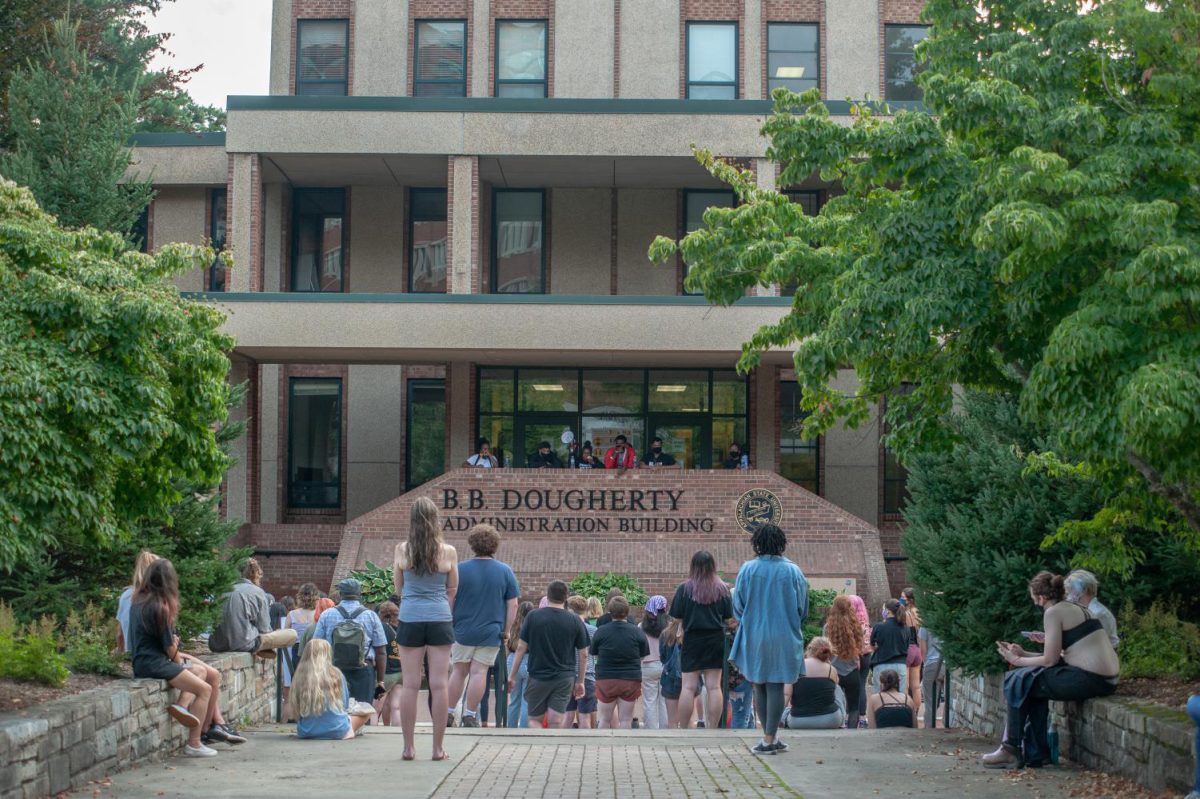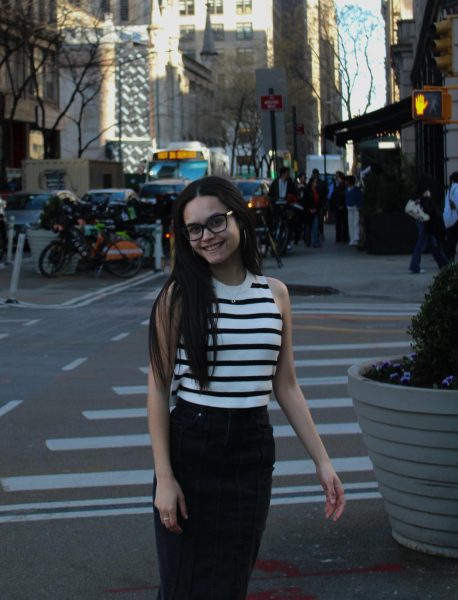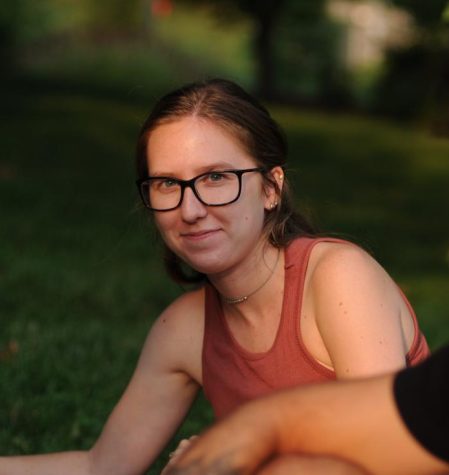Whether it be local to App State’s campus or Boone, or it’s a national or international issue, Sanford Mall and the pavements of App State have beared witness to dozens of marches, hundreds of chants and thousands of signs and heard the voices of student activists.
Stepping back in time through The Appalachian’s coverage, App State students of the early 1960s protested issues revolving around campus restrictions. A decade later into the 1970s, students voiced their opposition to the Vietnam War through class walk-outs, boycotts and protests as well as their concerns with nuclear weapons with other protests and die-ins. In the late 1980s, students marched along campus protesting the Apartheid in South Africa.
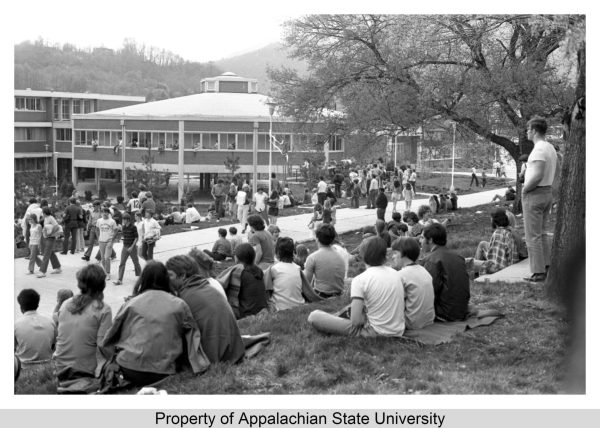
Protests continued over the years, and in the 2000s issues became more focused on the United States. Gun control, pipelines, women’s reproductive rights, politics, racial injustices, police brutality and more all surfaced amongst issues college students were concerned about. Some protests even expanded outside of Boone, with App State students protesting in places such as Washington, D.C., and New York City outside of the Trump Tower.
Student activists have also built upon the work done prior to them. Today’s students on App State’s campus have protested for some of the same reasons former student activists did, whether it be university conditions, free speech, overseas conflicts, issues regarding the climate or issues that personally impact people’s identities.
One of these former student activists is Bailey Gardin, an App State alumnus who graduated in the spring of 2022 with a bachelor’s degree in political science. During his time at the university, Gardin, along with others, founded the Black at App State Collective.
The Black at App State Collective is a student-led group created to amplify Black and minority voices at the university. Members of the group advocated for their beliefs through different ways such as protests, attending meetings, writing letters to university administration and more.
In 2020, the collective led a protest on campus as a result of the university’s response to the Black Lives Matter movement. During this protest, members of the collective and other students marched from Sanford Mall to BB Dougherty, the administration building on campus. Once at the building, the collective stayed put, refusing to leave after police threatened arrests if they did not leave by the time the building closed.
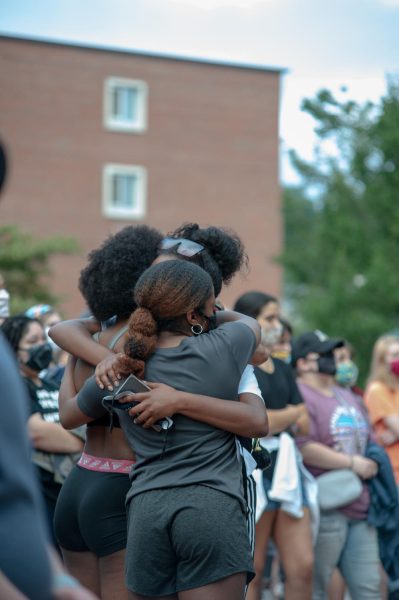
The collective also published a list of demands toward former chancellor Sheri Everts, the university administration and others.
Gardin, who also served as App State’s student body president from 2021-22, is now a law student at Brandeis School of Law in Louisville, Kentucky, and is a street law student instructor at a high school where he speaks on law topics, including the importance of lawyers, how to know one’s rights, arrest processes and more.
Gardin said he has implemented the skills he gained from being an activist, such as leadership, and what he advocated for into his studies and his instructing.
“I’m able to take all that education and all that leadership experience and I’m able to teach them,” Gardin said. “It’s about being an inspiration to the next generation.”
Another former student activist and founder of Black at App State is Kyndavee Bichara. Bichara graduated in 2022 and now works in finance.
“When I was on campus doing activism, I did it out of the space and place of passion for change and doing what I thought was necessary to get that change done,” Bichara said.
The collective worked to bring more inclusivity to campus back in 2020, and seeing how recent Diversity, Equity and Inclusion cuts have impacted campuses around the state including App State, Bichara said it’s “disheartening” to see the work they did on campus go backward.
Gardin said seeing the changes is “super unfortunate, but it’s also too at the same time not surprising.”
Gardin noted that since the 1940s, there has been a progressive wave in terms of educational reform for Black students, from the integration of schools to allowing Black students to attend law school and more. However, he said there have also been regressive things following them, such as the banning of books and now DEI cuts.
“It’s just super unfortunate to see that people are trying to actively take us backwards when really, you know, there’s no need to,” Gardin said.
Gardin said things like this bring motivation to people like him and Bichara to move forward in their generation to create opportunities for the next generation because “they’re going to need this now more than ever.”
Another former activist who is paving the way for future generations is 2021 App State alumnus Dalton George, a member of the Boone Town Council and the mayor pro tempore.
“I got involved at App State because there was just a community and an environment that really lended itself to it,” George said. “I mean, both on-campus and off-campus organizations were very much fueled by young people.”
As a student, George advocated for different causes such as sustainability, voting rights and housing. He noticed the challenges people faced, such as unsuitable living conditions, but people never stayed around in Boone to try and resolve them. Advocating for issues people faced inspired George to run for a seat on the Boone Town Council, leading him to become the youngest person appointed at 22 years old.
“A lot of people have started important fights here in Boone and Watauga County, but had to leave for whatever reason,” George said. “I want to keep fighting.”
In his position, George continues to advocate for the things he did as a student and is able to push for changes in the community by bringing the issues to the town council such as the use of plastics, housing ordinances and advocating for tenants affected by Hurricane Helene.
“It continues. It’s just in a different way,” George said.
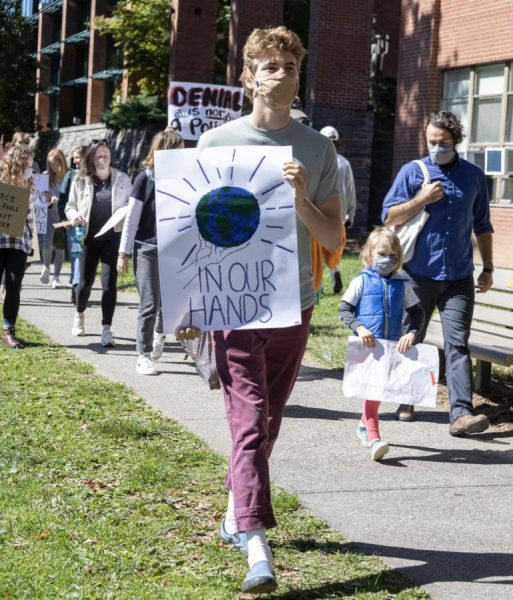
Some advice Gardin and Bichara said student activists should remember is that although student activism is important, one should still experience college to the fullest, make the most out of your time and to take care of yourself. Bichara also advises student activists to realize that activism can come in many forms, such as internal joy and peace.
“Being a young adult, being a student, that is a form of activism,” Bichara said.
Additionally, Gardin said one reason why the collective was successful was because they worked strategically in ways such as knowing when to make statements, when and where to apply pressure, building the right relationships and more.
“I think we were able to help give people a voice by applying constant pressure and just doing the best that we can to fight the good fight because ultimately it’s why you always want to be able to make the big change,” Gardin said.
They both also said for student activists to recognize that the work they put in “doesn’t go unseen” and does have an impact now and in the future.
“I think while we did the work we did on campus we knew that it wasn’t just about us, that people did work before us that put us in the position to be able to do the work that we were doing would impact people down the line,” Bichara said. “It’s important work, so keep doing it.”
George shared a similar sentiment, saying student activists should know their reason for advocating and should listen and speak to others to understand what other people are experiencing.
“Figuring out what injustice is out there and I guess biting on to it, not letting go,” George said.
As an alumnus of both the collective and App State, Gardin said during his time advocating they called for the resignation of the chancellor. With new leadership at the university, he hopes to see them work to find ways to support their student body, faculty and staff.
Although no longer a student, with DEI initiatives being cut, Bichara challenges the university to “step up” and show its support for marginalized communities even though legislation has changed.
As students come and go in the university, changes are inevitable. With college being a few years out of one’s life, Bichara said this: “Get from it with what you can get from it. Enjoy what you can enjoy. Fight what you can fight.”
Para leer en español haz clic aquí.

